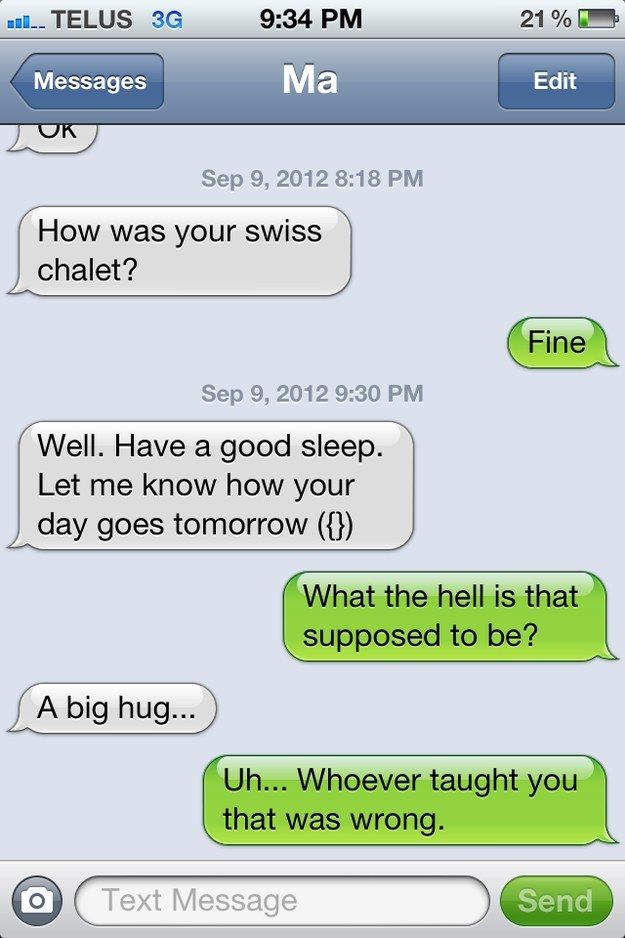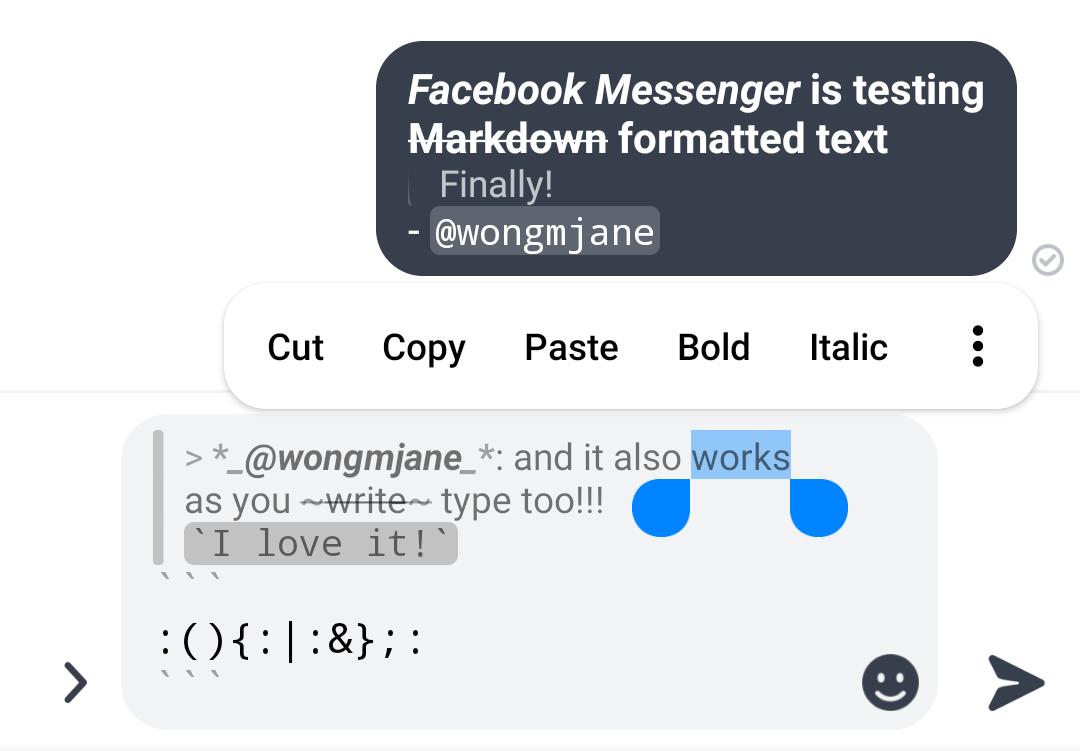


Parents will want to weigh the pros and cons of introducing their kids to social media environments, given concerns about kids' health and well-being in relation to social media use. Though there are no ads or purchases, the privacy policy states that all content (message content and app usage details) is stored and that the information is used to develop new products, which could mean that data will follow your kid into Facebook/Instagram use later on. Pledge Planets is a feature that aims to teach kids about digital citizenship and includes varied activities. Plus, parents can now remotely log kids out of the app on any device, and they can download their kid's information with a feature similar to the same option for adults on Facebook. An update in early 2020 gave parents new options for monitoring kids' use of the app, including a list of recent contacts, recent images and videos shared in chats, a chat history, and a list of reported and blocked contacts. Since kids can't delete messages, parents can monitor what their kids send through the app. Kids can also have live video chats with their approved contacts.

Within a message, kids can send kid-appropriate GIFs, stickers, emojis, and live filters, and they can also access all of the photos and videos on the device. And, parents can make their kid's name and profile photo visible to friends of their kid's contacts, kids of the parent's Facebook friends, and the kids of parents invited to download the app. Also, to help kids connect with more friends, parents can allow kids to connect through groups, which enables approved adults to connect kids who have the same approval. Parents can also allow for Supervised Friending which allows kids to control their contacts (parents can still see and control them, too). After that kid enters the passphrase into the app, parents will get a message to approve (or not approve) that connection.

If kids want to add a contact (and parents have enabled this feature), they can share a four-word passphrase with their friends. Parents can also add contacts to their kid's account via the grown-up version of Messenger. After downloading, a parent (or anyone with an existing Facebook account) must log in with their own Facebook credentials that person can then approve all contacts in the Messenger Kids app. Parents need to know that Messenger Kids is a kids' messaging app created by Facebook that's targeted at kids under 13.


 0 kommentar(er)
0 kommentar(er)
